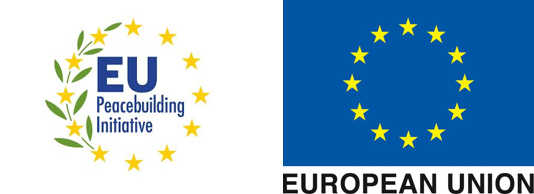Meeting my other by Shelly Dotan, Israel
When I was 22, I traveled to South-East Asia for almost 6 months. It’s very common for young Israelis to travel to remote places of the globe after finishing their army service. As the army is mandatory in Israel, many of us feel the urge to look for some kind of freedom after two or three years of a restricted army regime. Like many of my friends, I felt that I wanted to go as far as I could, just forgetting a little bit about the conflicts in my country.
During my trip I went on a long a long bus ride between two cities in Vietnam, a country that has a long history of very controversial conflict. It was one of those buses where you can actually sleep, not just put your chair back and relax, but there were actual beds inside the bus. I was laying down and watching the view from the window. The sky was blue like everywhere in the world, but what was special about this landscape was the rice fields. I never knew that rice grows as a plant, and that it takes huge effort to grow and collect it. The fields were painted with the greenest color I have ever seen in my life.
I felt so far from home but I was quiet in my mind. I was traveling with two Israeli friends and the bus was mainly empty, except some people who were sitting in the back row and speaking quietly. I was very relaxed and I was about to close my eyes, when suddenly I heard some mumbling that contained words I did not want to hear. I was listening more carefully and I heard a young man describing his life as an Arab-Israeli, living in Israel, to this group of people sitting in the back of the bus. I recognized his heavy accent, and the words he used, and the other peoples’ questions. It was the first time I heard those stories. My first instinct was to get up and tell my side of the story, but I didn’t have the courage so I sat frozen and kept listening.
He spoke about the lack of acceptance in our society, the violence he was dealing with, the incitement, the racism, and the army. I have never heard an Arab-Israeli speaking about his life in Israel before.
After some time the bus stopped for a break and we all got off. I was watching the young man going down the bus and I followed him. I touched his shoulder and he turned around.
“Hi,” I said.
“Hi”
“What’s up? I’m Shelly.”
“I’m Ahmed, nice to meet you”
I smiled. “Where are you from?”
“Nazereth, Palestine. And you?”
I didn’t know what to answer. For me, it was so strange to hear a person introducing himself as coming from Nazereth, Palestine. For me, it was just a small city in Israel, one hour car drive from Tel Aviv, where I lived. He lived so close yet it felt so far. All I could think of in that moment was how huge the gap between us was. We live in the same country but we are so different.
“I’m from Tel Aviv, Israel” I said. “We are neighbors”.
“We are.”
He smiled and walked away, and I smiled too.
I can’t really say why, but this moment really changed me. I think it’s the fact that we looked so similar – our body language, our skin tone, how we both were dressed, even our accent– it’s all emphasized how easily one could think we do come from the same place. This is the reason why this meeting also hurt me so much, because we both couldn’t really bridge the gap between us. He couldn’t see me as the person I am, nor did I. We saw only what we were taught to see in each other – our differences. The different language we used, the different culture we were coming from, the different values that we grew up with. The fact that we call the same place in different names and we can’t even speak the same language even though we live one hour away from each other just made me feel frustrated. We saw the conflict between our people instead of seeing each other.
That day I promised myself that I will do everything in my power to bridge that gap. It is not in my power to solve this huge conflict in my country, but it is in my power to change myself.
This is just one example of the important work produced YaLa’s citizen journalists, a program funded by the European Union’s Peacebuilding Initiative in order to enable young leaders from across the Middle East and North Africa to document and share their experiences of the region.





Leave a Comment
Want to join the discussion? Feel free to contribute!